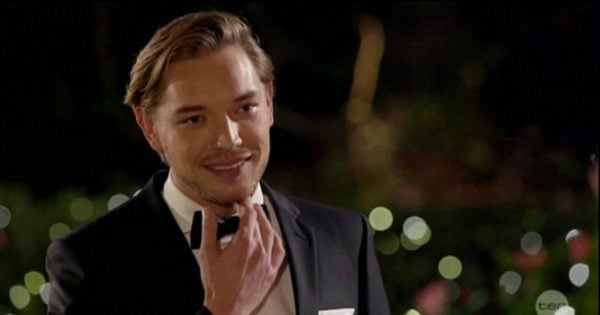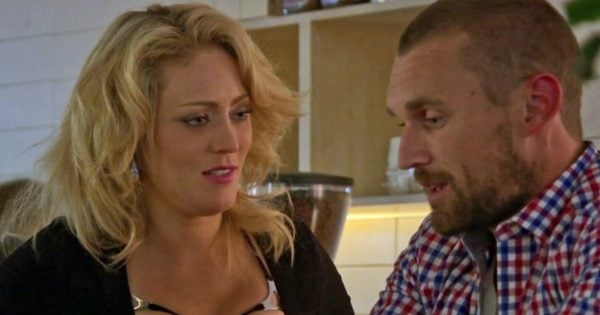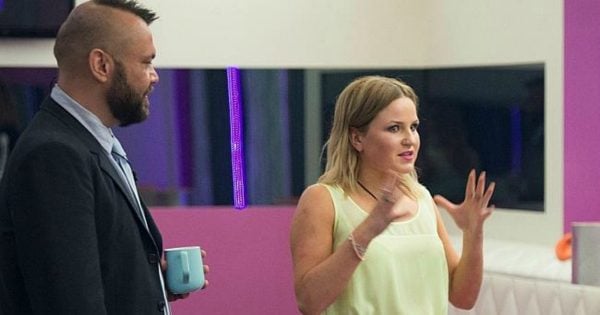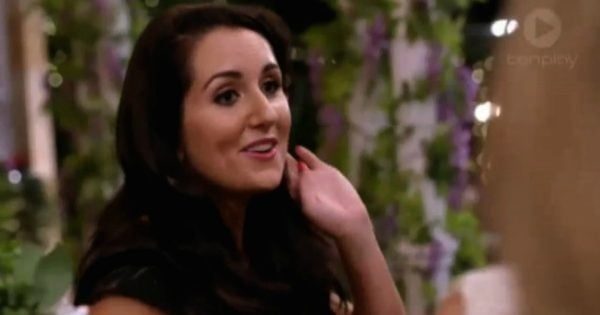“The one thing I hated most about people coming up to me after the show was, ‘Are you OK?’
“Like, are you for real? Of course I’m not OK. There’s people trying to like kill me online… After losing your job, and having it impact your modelling, and your whole family watching it… then a publication saying ‘The most hated man in Australia.’
Yeah, I’m alright – not.”
These are the words of ex-Bachelorette contestant David Witko, who is far more commonly known as ‘David – The International Model’.
In Sam Frost’s season of The Bachelorette, David was portrayed as the superficial, conceited villain, who was eliminated in episode two after a few ‘tense’ exchanges with Frost.
He was shown essentially ‘storming out’ after not receiving a rose, while the other bachelor’s looked on in shock. In a new documentary, however, Witko and others expose the misrepresentations that coloured their experiences on reality television.
Witko, for example, claims he hugged and said goodbye to all the other contestants before leaving. Clever editing created an entirely different narrative.





Top Comments
They can't make a villain out of someone who is completely and genuinely sweet. Look at Nikki from The Bachelor. Even in her interviews, social media etc. it's clear as day there's not a negative bone in her body. I think it's too difficult for people to accept that they have negative traits in their personalities. Everyone thinks they're perfect.
Clare admitted she's bossy. No one likes someone that is bossy. If you're bossy 20% of the time and your fellow contestant is bossy 5% of the time, of course they will portray you as the villain. You've given them more material to work with.
The biggest issue here is people not realising how they come across to people and when it's shown, they can't handle it. Of course any rational person understands that not everyone is 100% horrible. It's like a workplace, there are people who might be fine 60% of the time but then complain the other 40% but of course everyone is going to associate them with being whingy because other people might only complain 5% of the time.
Reality shows are 30 minutes to 90 minutes long. Of course they're not going to show all the kind things you've done when they've got enough negative. They're making a show for ratings and money. You as a contestant are collateral. If you think that you're going to go on a reality show, and they're paying for this show just for you to go and have a great time and fall in love, you're deluded. They want ratings and you should have thought of that before you went on.
Harsh but true.